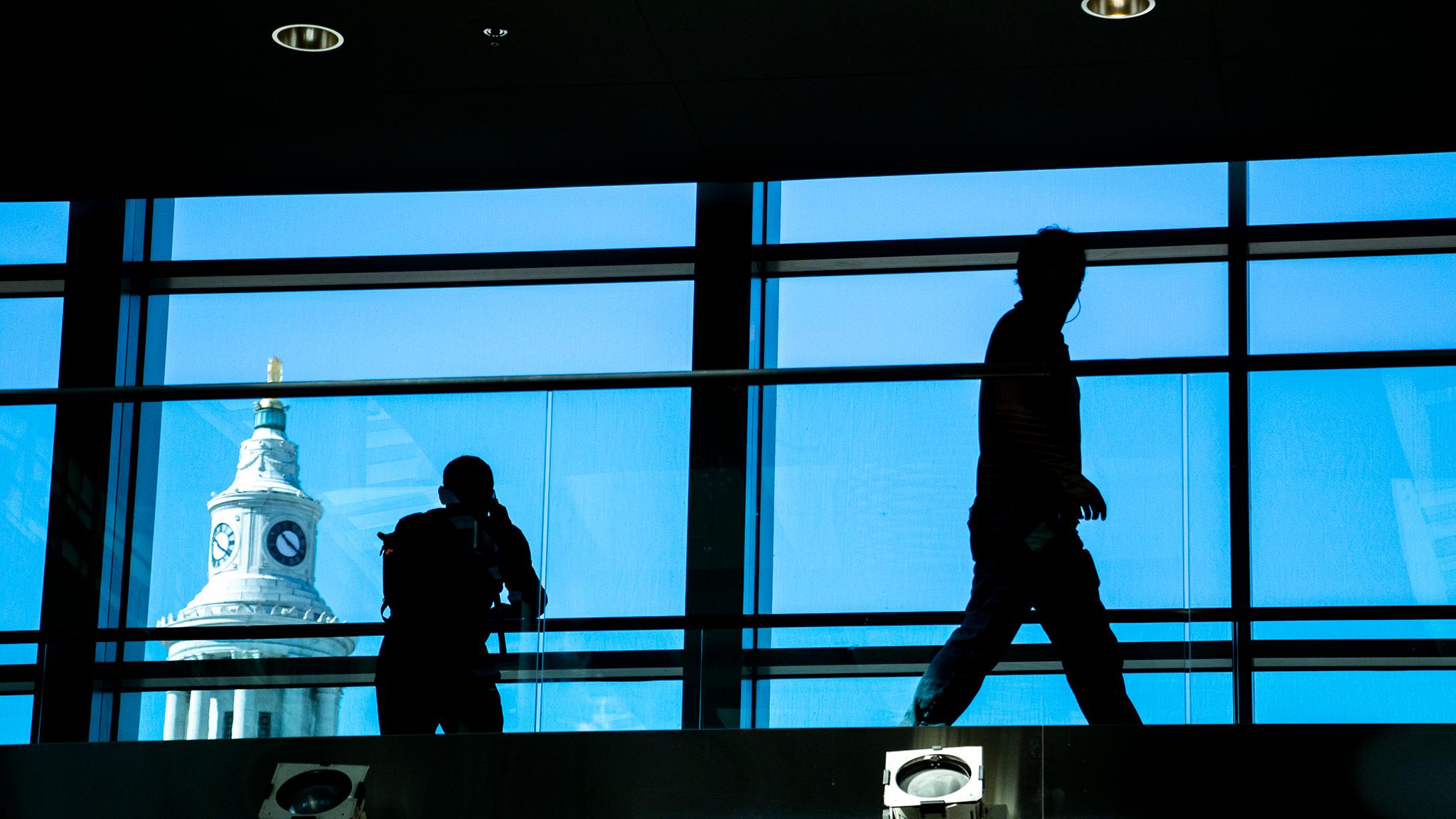There’s a city-sponsored billboard over 6th Avenue telling would-be job applicants to “do work that matters in the city you love.” The ad is suddenly dated. Denver’s government has stopped hiring for the most part.
The freeze is just part of the fallout from depleted tax revenue as small businesses struggle to survive, unemployment skyrockets and tourism is canceled because of COVID-19.
Sales, use, and lodging taxes stand to take the biggest punch, said Julie Smith, a spokesperson for the Denver Department of Finance. Those taxes come from local and online retail stores, restaurants, bars, and marijuana dispensaries. Hotel, car rental and jet fuel taxes are also part of the dwindling bucket.
Economic officials expected those taxes to raise about $794.4 million this year for various city services, according to Denver’s 2020 budget. Impacts on those funds “will be significant,” Smith said. The city government has new projections but she said they’re too fluid to share with the public.
“Our projections change almost daily based on current conditions, so I can’t put a hard number on this right now,” Smith said. “My answer from two weeks ago would be different from my answer last week which would be different from my answer today.”
Yet Denver’s chief financial officer has ordered city departments to tighten their belts by about $40 million, Smith said. If the move suggests an expected shortfall of at least $40 million, that would mean a 5.3 percent dip in expected sales and use taxes, according to Denver’s 2020 budget. During the Great Recession, the city’s sales and use taxes dipped by about 9.2 percent between 2008 and 2009, according to the city’s 2010 budget.
Sales and use taxes are responsible for slightly more than half of Denver’s budget. They help pay for more than 200 services and programs from composting to cops.
The finance department has tapped into $10 million from its rainy day fund, which represents about a third of those emergency reserves.
Other important departments, like Denver Human Services, should not be affected by city tax revenues, said Smith. But DHS depends on state tax dollars, which are also suffering from the COVID-19 shock.
Residents have not experienced any service cuts, and the finance office wants things to stay that way, Smith said. But it’s impossible to make any guarantees at this point.
Department cuts “should focus on areas that are not in the residential services area as much as feasible,” Smith said. “Obviously as this continues to impact our revenues we’ll be constantly adjusting further down the road.”
It’s not weird that the city government doesn’t know how bad things will get, said Andrew Friedson, assistant professor of economics at the University of Colorado Denver.
This particular type of shock to the economy, complete with a sudden, government-mandated closure of businesses, is unprecedented.
It’s also early in the game.
“The issue is there’s just not a lot of representative data right now because we’ve been sheltered in place for under 24 hours for the state, and then for the city, we’ve been sheltered in place for under a week,” he said. “You’ve got less than a week of data to base our predictions off.”
The extent of economic doldrums depends on how long the COVID-19 crisis lasts, Smith said.
It’s unclear how many Denverites are out of a job and therefore have less money to spend. Unemployment claims are through the roof statewide, but a Colorado Department of Labor and Employment spokesperson said he could not provide Denver-specific figures until April 17 because his staff is “overwhelmed.”












